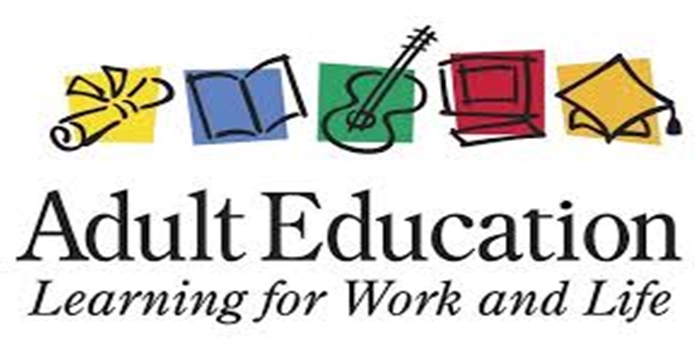In this article, we discussed the meaning of adult education, lifelong learning, we also talked about the importance, types and aim.
Definition
Adult education is a practice where adults learn new knowledge, skills, attitudes, or values outside of traditional schooling. It can include any type of learning that adults do, from basic literacy to personal fulfillment. The goal of adult education is to help adults function more effectively in their personal, social, political, and economic lives.
Some examples of adult education include:
Vocational, technical, and professional education
Education for health, welfare, and family living
Education for civic, political, and community competence
Remedial education, such as fundamental and literacy education
Lifelong learning is the practice of continuing to learn throughout your life, both formally and informally, after the completion of formal schooling. It can be voluntary, self-motivated, and doesn’t always require a cost.
Lifelong learning is a personal process that can be pursued for a number of reasons, such as to acquire new skills for one’s job or hobby or simply for personal fulfillment.
Lifelong learning can involve:
Learning a new language
Studying a new subject
Learning to use new technology
Playing a new sport or game
Adding to your skillset during employment
Internships and apprenticeships
Vocational courses
Lifelong learning can help you develop soft skills like:
Goal setting, Self-discipline, Creativity, Critical thinking, Time management, Problem-solving, and Adaptability.
Adult education and lifelong learning are important for many reasons, including:
Personal growth
Learning new skills and exploring interests can help people feel more confident and fulfilled.
Career advancement
Adult education can help people improve their job performance, transition to new fields, and advance in their careers.
Social integration
Lifelong learning can help people build social connections, feel a sense of belonging, and contribute to their community.
Cognitive agility
Learning new skills and challenging the brain can improve memory, problem-solving, and critical thinking.
Informed decision-making
Adult education can help people develop the skills to evaluate information and make informed decisions about complex issues.
Active citizenship
Adult education can help people participate in democratic processes and contribute to their communities.
Mental health
Learning can be good for mental health and happiness.
Here are some types of adult education and lifelong learning:
Lifelong learning
A process that begins in childhood and continues throughout life. It can be motivated by personal interests, curiosity, or a desire for intellectual or creative fulfillment. Lifelong learning can also be a way to engage with the community, understand diverse perspectives, and participate in civic life.
Adult literacy
Can help people replace missed or neglected primary and secondary education, develop basic education skills, and develop new vocational skills.
Informal education
Can take place in community centers, workplaces, online platforms, vocational training institutes, or through self-directed learning.
Distance education
Involves the use of intranet-based training, where classes and skill-courses can be taught online.
Auditory learning
A learning style where people pick up information by hearing it spoken aloud. Lectures, videos, and recorded books can help auditory learners learn.
Understanding the Aims of Adult Education: Goals and Objectives
Empowering Individuals Through Knowledge.
Facilitating Social Integration.
Promoting Continuous Learning as a Lifelong Process.
Supporting Personal Growth and Self-fulfillment.
Addressing the Needs of a Diverse Adult Population.
Conclusion
Adult education is a practice in which adults engage in systematic and sustained self-educating activities in order to gain new forms of knowledge, skills, attitudes, or values. [1] It can mean any form of learning adults engage in beyond traditional schooling, encompassing basic literacy to personal fulfillment as a lifelong learner.


